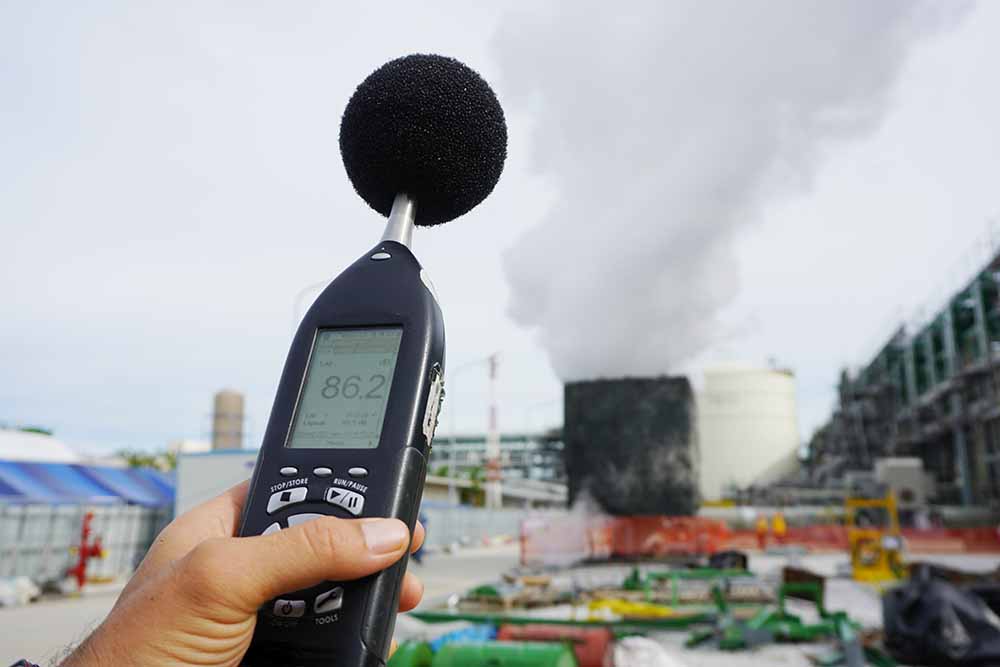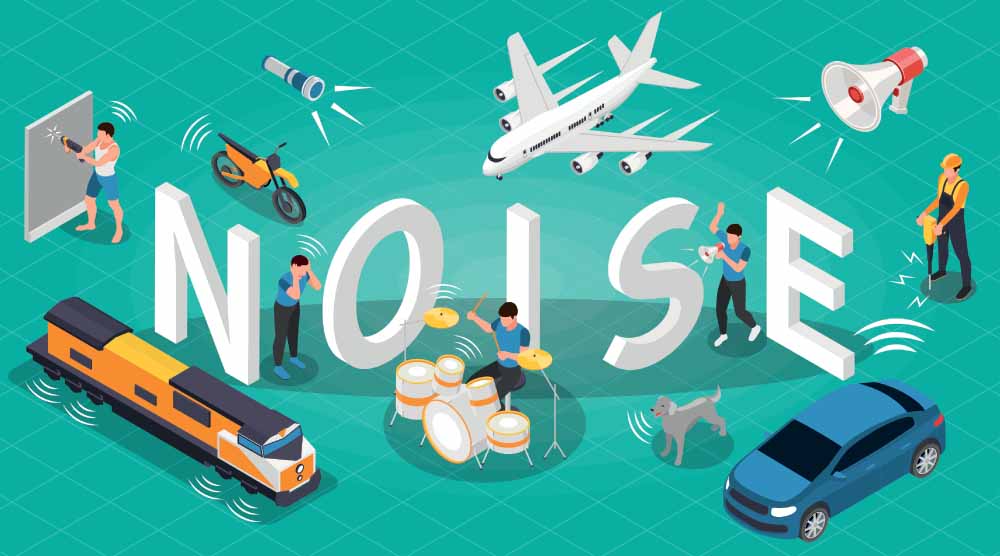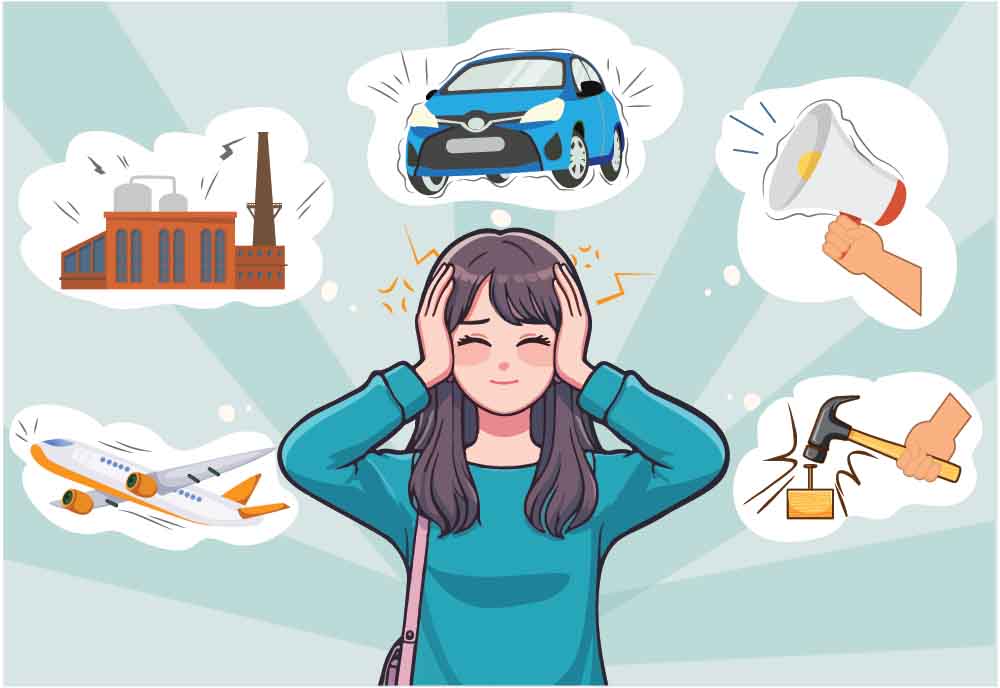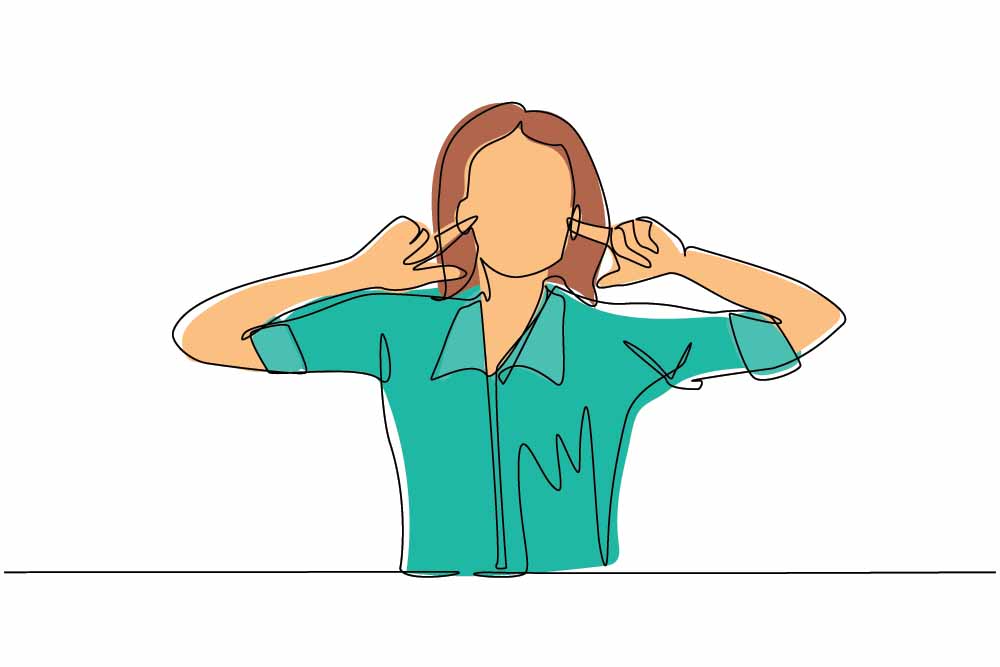Noise pollution not only impacts our physical and mental wellness, but also becomes a key factor in hearing loss. Long-term impact may include cardiovascular diseases and increased stress levels.

Here’s a look at how it can affect us.
1. Hearing loss - Prolonged exposure to loud noises can damage the inner delicate tissues of the ear, leading to permanent hearing loss.
2. Increased stress and anxiety - Constant noise can increase the stress levels, disrupting one’s calm and peace of mind.
3. Sleep disturbances - Noise pollution can lead to disrupted speech with disturbances. If a person is unable to sleep properly, this leads to a negative impact on the overall health and functioning of the body.

4. Cardiovascular problems - Diseases like high blood pressure, increased heart rate and higher risk of stroke can be caused due to prolonged noise exposure.
5. Cognitive impairment - Studies have shown that noise pollution can impact cognitive functions like concentration and learning.

What Causes Noise Pollution?
1. Construction sites
2. Motorised vehicles
3. Crowds
4. Events and concerts
5. Air traffic noise
6. Catering and night life
How To Combat Noise Pollution?

1. Individual actions - Every change begins with the action of a single individual. These are a few ways to combat the problem at a personal level.
• Using personal noise reduction devices such as noise cancellation headphones, earplugs and other personal devices can reduce noise exposure.
• Reduce volume levels while using personal devices such as phones, television, and personal electronics. Also soundproof personal and workplaces as far as possible.
• Support initiatives for quieter environments such as communities and organisations that advocate a peaceful and less noisy environment.
2. Regulatory measures - These advancements at the policymakers’ level could really help.
• The implementation and enforcement of stricter noise standards for construction, traffic and industrial activities.
• Through zoning regulations demarking industrial areas or constructional sites from noise-free zones or residential areas. This can make people more aware, cautious and mindful while adding on to any kind of noise.
• Raising public awareness through campaigns about the harmful effects of noise pollution and encouraging responsible noise management everywhere, in fact in every sector.

3. Technological solutions - Harness technology effectively to create solutions to noise pollution.
• Noise-cancelling technologies in headphones, ear plugs and even building materials.
• More research and investment into developing quieter vehicles and construction equipment.
• Incorporating noise reduction strategies into urban planning to create smart cities and development of infrastructure for a long-term vision.